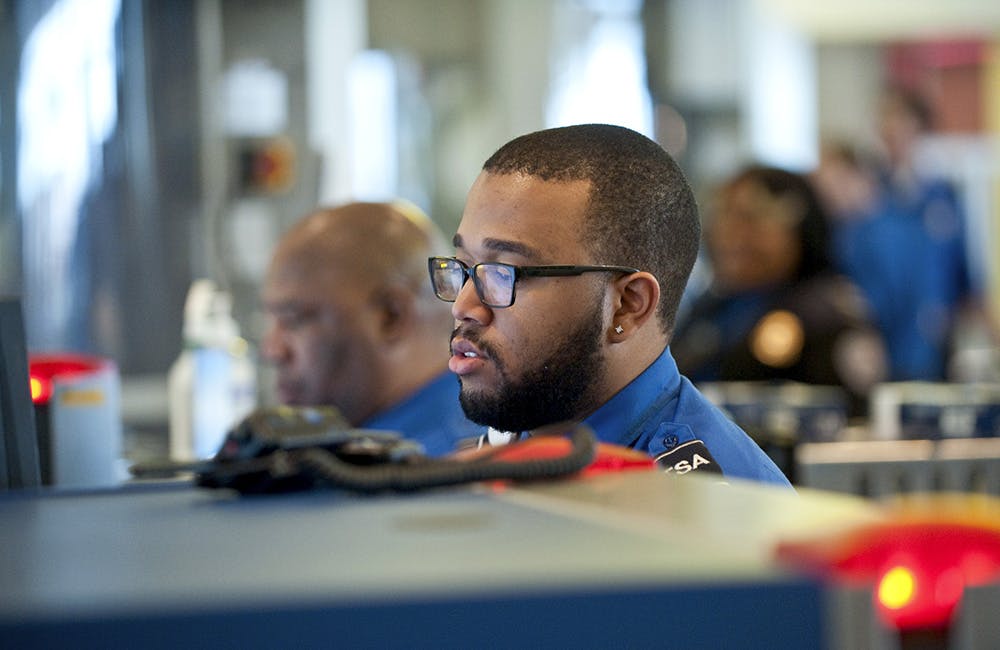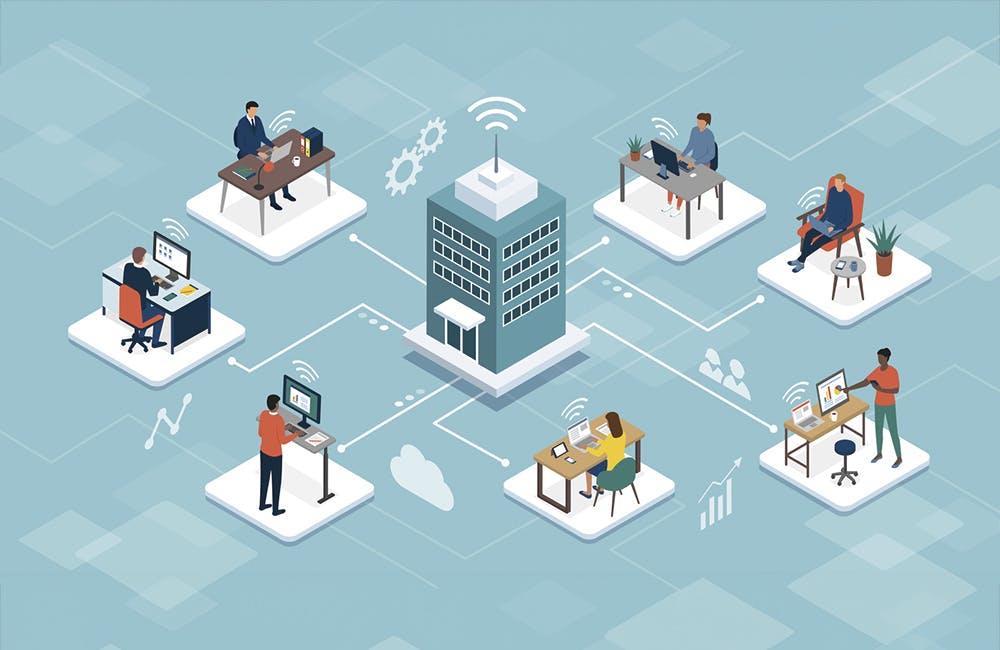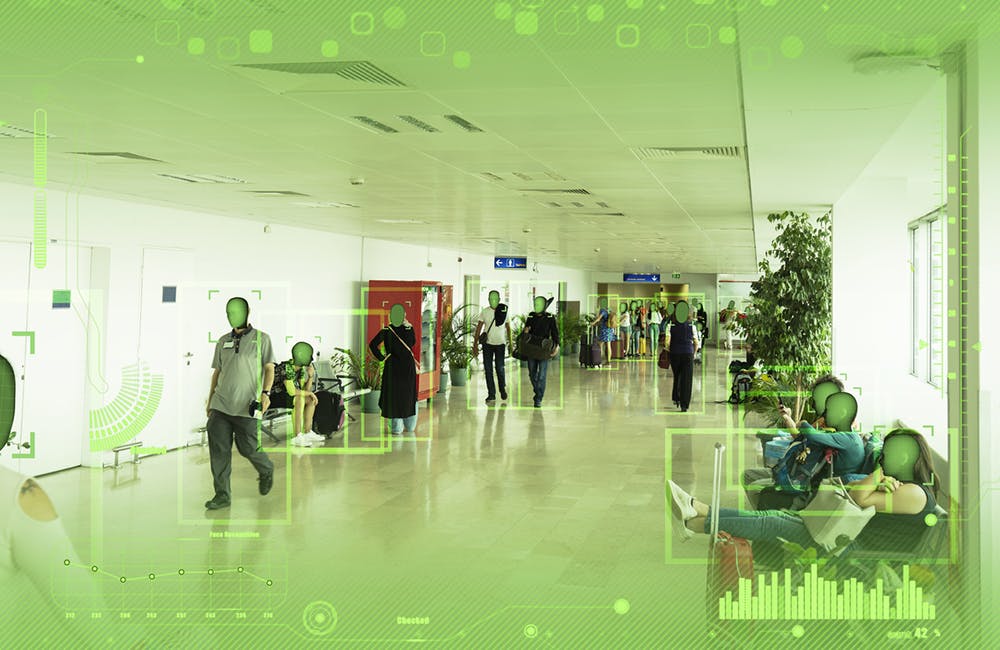-

TSA is Modernizing Security Screening For Less Contact
COVID-19 forced many federal agencies to overhaul their IT strategies and transform the way they do work. But for some agencies, like the Transportation Security Administration (TSA), COVID-19 is changing the way they accomplish their mission.
7m read -

How AI Could Help Federal Agencies With Their Zero Trust Strategies
The heart of the zero trust approach to cybersecurity is proactive control over your data, according to Department of Homeland Security Deputy Chief Technology Officer Brian Campo.
7m read -

Cybersecurity's Critical Role During the Pandemic
When the COVID-19 pandemic hit, federal agencies knew they had to prioritize cybersecurity as employees shifted to telework. The Cybersecurity and Infrastructure Security Agency worked quickly to ensure federal agencies had the tools and guidance they needed to keep their data safe.
7m read -

CBP is Doubling Down on Biometrics Transparency
U.S. Customs and Border Protection's new facial recognition technology not only helps detect imposters, but also it helps create a contactless environment for CBP agents and passengers entering the U.S. during the COVID-19 pandemic.
7m read -

DevOps Helped These Agencies Pivot to Remote Work Since the Pandemic
DevOps and Agile processes helped U.S. Citizenship and Immigration Services (USCIS) transition smoothly to mass telework at the beginning of the COVID-19 pandemic in 2020, but Deputy CIO Yemi Oshinnaiye said its success came down to culture.
7m read -

How AI Can Help Predict Public Health Trends, Shape Health Policy
Artificial intelligence and machine learning can help improve data-sharing practices for better public health outcomes, a senior government official and an infectious disease epidemiologist said at a GovCIO Media & Research event in 2020.
7m read -

Digital Health Modernization Will Create More Patient-Centric Health Care
If one good thing came of the COVID-19 pandemic, it was the expansion of telehealth and digital health services.
7m read -

How DHS Modified Explosive Threat Detection Tech for DARPA
The Department of Homeland Security Science & Technology Directorate doesn’t usually work with other federal agencies, but this year, the directorate modified technology that detects explosives using lasers for the Defense Department's research arm.
7m read -

DHS Eyeing Top Tech Talent From Silicon Valley
Competing with the private sector for information technology talent is something the federal government will continue to face. But the Department of Homeland Security has a few strategies to lure top talent into federal jobs.
7m read -

DHS Creates User-Friendly Interfaces Through DevOps
The Department of Homeland Security is harnessing the power of a user-friendly interface to restore confidence in its mission.
7m read -

Two Major DHS IT Acquisitions Are On Track, GAO Says
Two of the Department of Homeland Security’s biggest IT acquisitions are on track to meet their goals this fiscal year — overcoming workforce challenges and schedule slippages to save the department millions of dollars.
7m read -

House Veterans Committee Leads are Backing Telehealth at VA and Beyond
Members of Congress praised the Department of Veterans Affairs’ telehealth effort and aim to work with the agency to expand those services to veterans and the general public amid the COVID-19 pandemic.
7m read
Featured
-
Topics
-
Events
-
Videos
-
Podcasts
-
Insights














